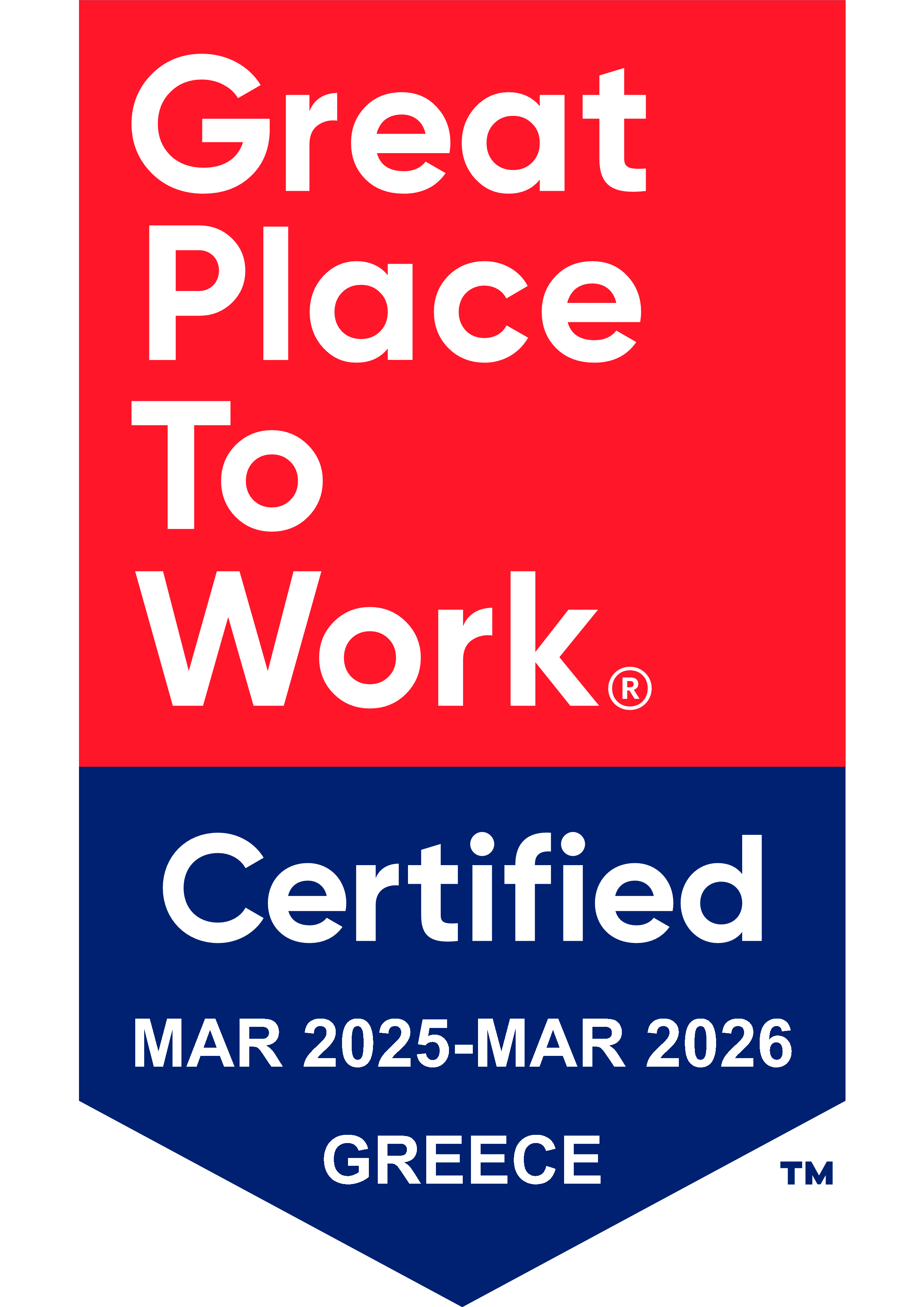
NEWS
Sep 24, 2025
Tradewinds article: Surging DryDel Shipping throws a Greek party, Miami style
Surging DryDel Shipping throws a Greek party, Miami style
Could tankers be in the future for principal Costas Delaportas?
Tradewinds Article link: PRESS HERE
TradeWinds correspondent Miami
At one time, a Greek owner demonstrating the type of aggressive growth shown by DryDel Shipping over the last several years might have been marked as a potential candidate for the US initial public offering market.
But that's not the sort of thing that brought principal Costas Delaportas to Miami this week.
Rather, he hosted some 40 clients and partners at a luncheon to celebrate the opening of DryDel's fourth office outside of Greece.
It opened earlier this year in Houston, not Miami, but DryDel leveraged the timing of the Association of Ship Brokers and Agents (ASBA) annual Miami cargo conference, which draws a crowd heavily weighted to the dry trade.
Speaking on the sidelines of the Miami luncheon, Delaportas told TradeWinds that the public markets don't interest him much anyway.
He likes being private and doing things his way, even if that means breaking with what has sometimes been the orthodoxy of public-company approaches.
He likes newbuildings, for example, and they make up about 80% of his fleet. DryDel has 12 bulkers in the water with an average age of just four years, with 10 on order in Japan. It has taken in 22 vessels under long-term charters.
And Delaportas has little inclination to follow the path of those who are ordering dual-fuel propulsion systems, opting instead for ultra-efficient "eco" type conventional engines on bulkers constructed entirely in Japan.
"I like to be a private company," Delaportas said. "There are no plans to go public. I've found in shipping that it's better to be private. You can take a faster decision. And many of the companies are trading 30 percent below their net asset values and have to sell ships a bit below the market."
Delaportas is known for making swift and bold decisions – like the quartet of 40,000-dwt handymax newbuildings he ordered at Japan's Namura Shipbuilding four years ago amid the Covid-19 crisis.
“Everybody was telling me I was making a wrong move and that the ships were too expensive, but I trusted my instinct and faith in Japanese shipyards,” he told TradeWinds in March.
Delaportas is similarly independent on the future-fuel issue and the proposed regulations by the International Maritime Organisation designed to drive a greater focus on greener marine fuels.
DryDel's conventional-propulsion fleet provides both great operating efficiency and premium returns from charterers in the range of $2,000 to $3,000 per day, he said.
"I think the IMO is going a bit fast on the dual-fuel and alternative-fuel issue. We are in the very first stages of this technology. This is especially true of dry bulk, where we are going to so many more places and sometimes it is hard to even find fuel oil," Delaportas said.
"There is no clarity on which [alternative] fuel will prevail. I cannot invest more money on a dual-fuel engine when I don't know whether that will be the answer. I prefer conventionally fuelled engines with the latest design and lowest consumption."
While carbon-pricing regimes tend to favour newer ships, Delaportas said too much ambiguity remains around FuelEU and related regulations and who ends up paying in the complicated relationship between charterers and shipowners.
The need for greater clarity in Bimco's contract clauses is a point he might wish to take up with new Bimco president Paul Pathy, the Fednav chief executive who is scheduled to appear on the ASBA conference speaking panel.
"I think it needs to be made more simple — it's not crystal clear which party will pay the extra penalties in Europe," Delaportas said.
On the subject of the US market, DryDel's office opened earlier this year in Houston, standing beside offices previously opened in Singapore, Dubai and Brazil as the owner extends its presence outside of Greece.
"It will be fully dedicated to growing our cargo business in the United States, with a particular focus on the US Gulf and West Coast markets," Delaportas said.
"We see strong potential in the region, and this setup gives us the local presence needed to build deeper relationships with clients and respond more effectively to the demands of the US market."
The five-person team is led by managing director Daniel Tovar.
Some key routes: US Gulf to Europe, North Africa and Asia with grains, petcoke and coal; US East Coast to Europe with steel products; US Gulf to the Caribbean, Central America and West Coast South America with fertilisers and grains; and US imports of bauxite and cement.
Vessels generally range from handysize up to kamsarmax.
Houston is, of course, better known as the US tanker capital, and Delaportas admits that factor has crossed his mind as he plans for further growth. But it is not a move for the near term, he added.
"I would like to do it in the future, but now is not the right time," he said.
"I think the asset prices of the tankers are very high right now. I don't feel comfortable with that. But Houston is the capital for the tanker business — it is something for my future plans."


